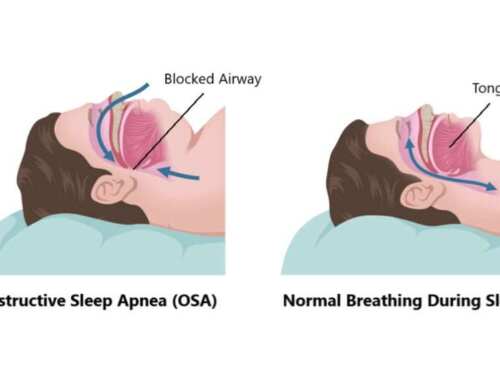Well, that’s a bit personal!
If you happen to have filled out one of our Medical and Lifestyle Questionnaires lately, you may have wondered “Why does a dentist want to know that?” Especially some of the questions we ask in the section on stress. Admittedly, some of those questions are personal.
First of all, remember that ours is a functional and wholistic dental practice. Now just what it means to practice functionally or wholistically has not been standardized, the answer will depend on who you ask. That’s why I developed both the Cross of Dental Health and the Cross of Systemic Health – to help clarify and remind our patients what we believe should be included in truly functional (root cause) and wholistic (comprehensive whole-health) dental care.
The Problem
Secondly, more than brushing and flossing, more than diet or exercise, stress is probably the most significant but rarely addressed issue affecting our oral as well as general systemic health. When experiencing stress, our bodies produce cortisol, a hormone commonly referred to as the “stress hormone” that helps enhance a quick “fight or flight” response. That’s a good thing! In excess though (when stress becomes long-term), cortisol can become toxic leading to inflammation, elevated blood pressure, out of control blood sugar, obesity, dry mouth, and bruxism – clenching and grinding our teeth – just to name a few. In your mouth we will see this manifesting as gum inflammation and infection, dental decay (caries), halitosis, and excessive tooth wear, as well as TMJ pain and discomfort.
The Cure
Finally, when it comes to stress management, everybody and their dog has an opinion. And the dog probably knows more about it than any of us! But seriously, most “stress management” is just that – management without actually addressing the root cause. That’s why I labeled the lower arm of the Cross of Systemic Health “Love and Coherence” rather than “stress management”. Because lack of love and incoherence are the twin root causes of nearly all chronic stress. What do I mean by incoherence? Anytime your expectations and your view of reality fail to coincide, you will be in a mismatched state of incoherence, i.e. stress. And the number one cause of incoherence today is a lack of reliable “got-your-back” relationships. In other words, love. (For a more detailed discussion of that, see Dr. Dean Ornish’s book Love and Survival.)
Ok, so that’s all fine and dandy to know, but what we really want to know is how can we reestablish healthy coherence, how can we actually fix the root cause of our stress rather than leaning on band-aid crutches, some of which may actually be “healthy” (exercise, hot bath, meditation, counseling, hobbies…) and others not so much (anger, resentment, impatience, alcohol, gambling, depression…). Here are three lifestyle choices you can make that will actually increase your coherence and attack stress right at the root cause.
- Mindfulness – Sometimes I hesitate to even use that term because there is so much misinformation and confusion about what it really means. Rather than mind-emptiness as it is so often misunderstood, mindfulness means just that – an acutely full mind, clearly focused without distraction. It is a skill, a muscle if you will, that way too few of us have anymore. But, like any other muscle, it can be trained and developed with exercise. Mindful awareness is key to the clear understanding of ourselves that is so critical to constructively adjusting both our expectations and our perceptions to align more closely with reality, to bringing them into closer coherence. One of my favorite mindfulness “gyms” is the HeartMath program. Both practical and engaging, I recommend it to all my lifestyle clients who are ready to experience more coherence and love in their own lives. (HeartMath.org)
- Forgiveness – All anger, resentment, or a thirst for “justice” ever got anyone was wasted energy, high cortisol, and all that goes with it. As long as you are a human living with humans you are going to be disappointed. And waiting for someone else to do the right thing only prolongs your stress. Learning to forgive both those dear to you as well as your “enemies” is another critical key to restoring both your mental as well as your physical health. (Forgive to Live by Dr. Dick Tibbits does an excellent job of explaining how and why to do it right.)
- Service – We’ve all heard that “If you want to have friends, be a friend.” In the same respect, If you want to receive more love, give more of it. More than just a trite simplistic platitude, there is real power in this expression. I have in my library a book by Allan Luks titled The Healing Power of Doing Good that is full of scientific evidence showing the remarkable ability of altruistic service to unlock our body’s own “inner doctor”. (A term coined by my good friend Dr. Lee Ostler.)
So yes, knowing what things may be contributing to stress in your life, as personal as that may be, can be vital to helping you reach the dental comfort, function, and stability we all want. But if you put these three habits into practice, you will be well on your way to both a healthy mouth and a healthy body :)







